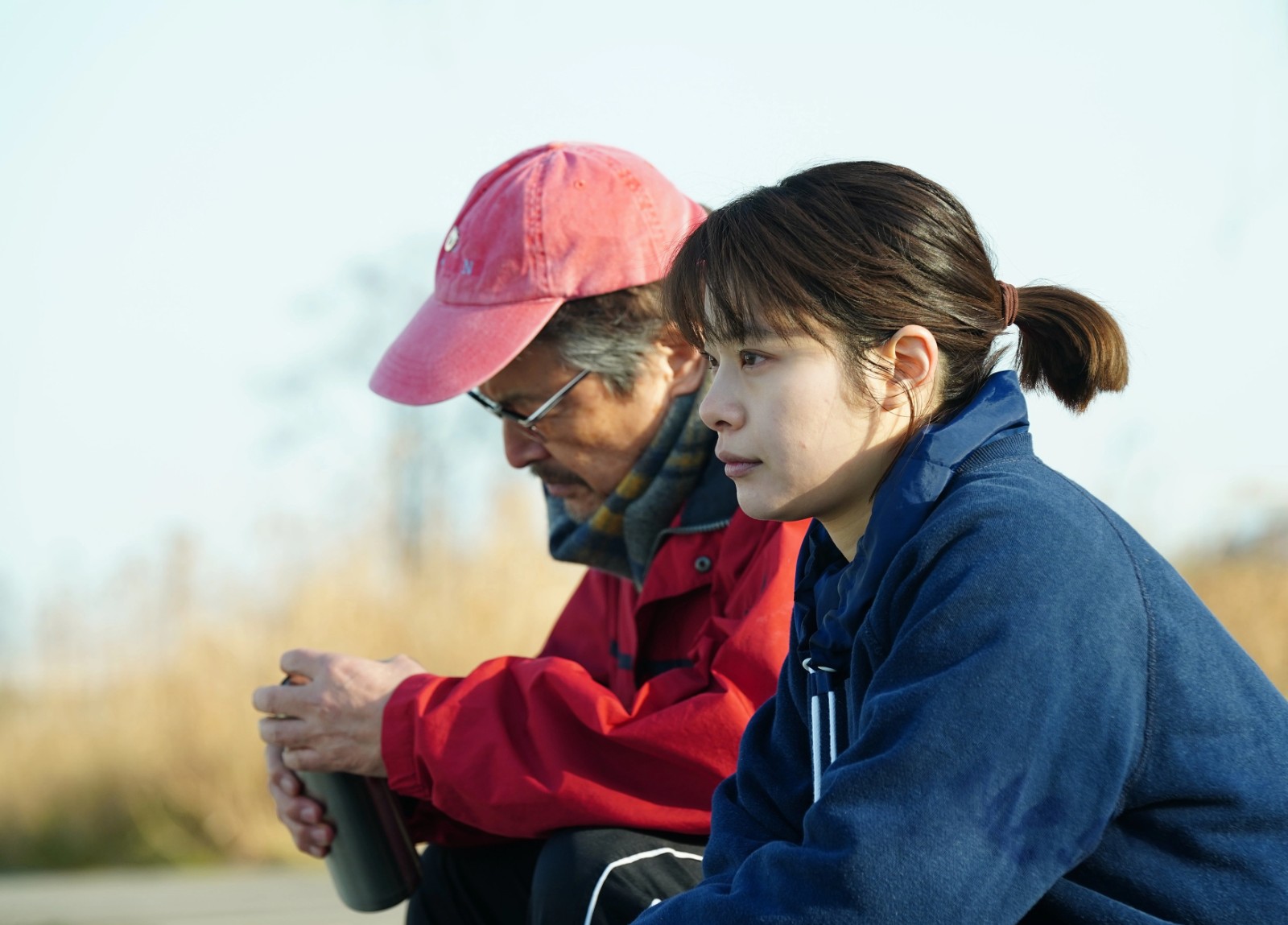What drops of cinema are still to be wrung from boxing? The new Japanese drama Small, Slow But Steady is about as calm and modest as its title suggests, but there are surprising swings within those margins. Aesthetically it takes some cues from certain films of the 1960s, notably those of the late Yasujirō Ozu, but its drama could hardly be more contemporary. Gleamed, if not quite ripped, from the headlines, it partially tells the true story of Keiko Ogasawara, a female boxer who went pro in 2009, becoming the first hearing-impaired person in Japan to ever do so, then won her first fight with a shock first round knockout. Can’t say I’ve seen that one before.
Loosely adapting Ogasawara’s 2011 autobiography Makenaide, director Shô Miyake moves this unlikely story to the present day and creates not only one of the best low-key sports films of recent years, but one of the very best COVID-19 films we’ve yet seen. Curiously, what sets Small, Slow But Steady apart is not necessarily Ogasawara’s condition, though that’s obviously a factor; it’s more to do with Miyake’s cinematic nous and admirable restraint, the strength of the performances, the sense of fidelity in its construction, and how easy it all is on the eye.
Another filmmaker would, you can imagine, have engineered Ogasawara’s story to hit the same beats as Million Dollar Baby: a working-class woman with natural talents earning the respect of an older, no-nonsense male trainer through hard graft. No shame in that, but Miyake rejects such low-hanging fruit, picking up the tale only after that first knockout—by the start of the first act, Ogasawara (played in a wonderful turn by Yukino Kishii) has already established both her position in the sport and an ersatz father-daughter relationship with her trainer (Tomokazu Miura, just as good).
Miyake’s film focuses instead on her preparation, how she fares in the face of COVID restrictions, and the twin sucker punch of learning that her inspirational coach is unwell and her beloved gym will soon close. The pandemic adds to the struggle, but the film also captures the strange sense of togetherness, of shared experience, people felt at that time. A climatic bout is stripped of the usual baying crowds; instead Ogasawara’s loved ones are consigned to benches and dinner tables, quietly gathered around the glow of an online stream. That Miyake drums up just as much emotion from this setup speaks to Small, Slow But Steady‘s hushed charms. Will she push through? You’ll have to watch to find out, but we will say this much: just because the tropes of sports movies are baked into our collective membrane does not make them, when correctly executed, any less potent.
Not least when a film looks as good as this. Shot by DP Yûta Tsukinaga in widescreen, Small, Slow But Steady is thematically color coded: sterile whites and greys for Ogasawara’s day job as a hotel room cleaner; warm easy ambers for her dreamy bus rides and time at home, living with her musician brother; and, best of all, flushes of primary red and blue in the training rink, topped off with glowing yellow bulbs on fight-night. This aesthetic gestures to those late Ozu color films, but there is more to the homage. Is it a coincidence, say, that action is set in Akagawa, just like Tokyo Story, or that a simmering red teapot is placed prominently in multiple sequences?
Perhaps the most impressive thing is Miyake’s refusal to succumb to the material’s mawkish pull—like its protagonist, Small, Slow But Steady is occasionally salty and only sparingly sweet. There is also an endearing interest for quotidian detail, as mirrored in the Ogasawara’s unadorned notebook, where she steadfastly jots down her daily training routines. Ogasawara’s other trainers seldom speak, but we’re given such a clear idea of who they are: when Ogasawara needs them to vouch for her, they show up wearing their daily work uniforms; a subtle touch that gives enormous texture to the characterization.
How Miyake subtitles Ogasawara is also notable: with intertitles, almost like in a silent film, for when she is in an argument; and, better yet, with no translation at all when she meets a group of friends for lunch. In a year that will be remembered for deaf representation on screen, and one of some surprisingly soulful sports movies, Miyake’s work easily stands out.
Small, Slow But Steady screened at the Karlovy Vary International Film Festival.

